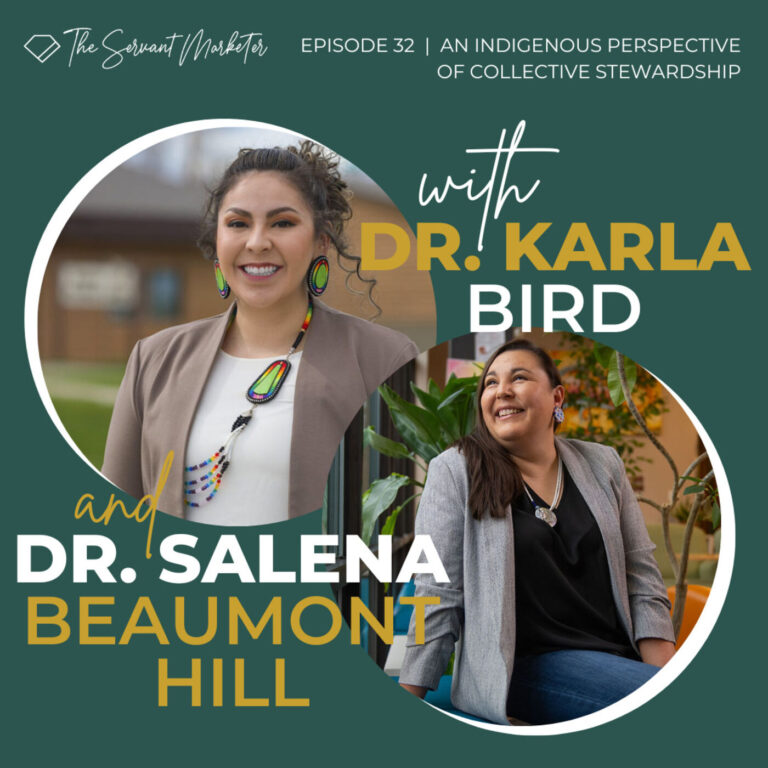Last summer I climbed Mt. Everest with some new friends. It was challenging and forced us to come together quickly as a team, make individual and group decisions, and, ultimately, some members of our expedition had to be rescued.
Ok, so I may live at 7,220 feet above sea level, but I’ve never been to the Himalayas. It might disappoint you to know that I climbed Everest from the comfort of my home office. The online simulation was part of the legendary Organizational Theory class at Gonzaga where students learn about teams and systems thinking simultaneously. It is a challenging class known for its rigor, that asks participants to train themselves to constantly check their assumptions, ask for candid feedback, and explain the rationale behind their thinking. We learned about healthy conflict, groupthink, and deconstructed the tragic 1996 expedition on Everest documented by Jon Krakauer in his bestselling book “Into Thin Air.”
That might sound like a lot of academic mumbo jumbo, but my biggest takeaway from the class was the lesson in the humility of checking my thoughts against what others believed. We were trained to enter each discussion with our group as an opportunity to flex our curiosity, and what we found was, even when conflicting views occurred, there were new insights to gather from one another. I’ve taken this lesson into my career. I have started to slow down in the space between being stimulated by an event or conversation, and my reaction to it. I coach my team to do the same. I’ve started conversations with former adversaries by saying, “I’ve made some assumptions, and I want to check those with you.” It has made a world of difference.
Last week, citizens of the United States elected a new president. Without a doubt, many felt a range of emotions as the week progressed, culminating with the formal calling of the election in favor of Joe Biden and Kamala Harris. I was moved to tears by both of their speeches and struck with the Servant Leadership characteristics Biden showed as he spoke. His speech showed empathy, listening, kindness, hope, and vision. But most importantly, he spoke of healing. Our country has been divided for so long, and I understand both sides. I grew up in a fiercely independent place where most families made their livelihood from the land and resource economy. I worked in a coal mine when I was in college. The resource economy provided me with a privileged upbringing and helped me seek higher education. I experienced first hand the comfort some people find in channeling their fear into the idea of “the other.”
But, I also know what it’s like to feel like the “other.” I know what it’s like to be sexually harassed at work, to be told that maybe it would be better if I just stayed home with my kids, to bump up against a glass ceiling as less qualified male colleagues are promoted and rewarded financially. I know what it’s like to be on the bad end of predatory lending, to be paying off student loans as I’m also trying to save for my own kids, and to live paycheck to paycheck stretching each dollar. I know what it’s like to live in another country, trying to find work, and being rejected over and over again because I was not a citizen, even though I had a visa that allowed me to work. And none of those experiences are as harsh or intense as what my friends who are BIPOC or LGBTQ have faced. Even in my suffering, I am so uniquely privileged.
I celebrated on Saturday night because I think we should elect leaders who share our collective values, and leaders who help us move towards a “more perfect union.” I watched on social media as people shared their experiences of crying through the speeches. Of feeling joy and hope after four years of feeling the opposite. I saw my daughter’s face as she saw a world that previous generations of women didn’t know was possible. And I saw friends in my hometown, relatives, and others share fear and disappointment as their candidate wasn’t chosen. Instead of feeling indignant towards these folks, I felt empathy. They are scared. Scared that their livelihoods will be threatened. That their beliefs not respected. That they don’t matter.
Biden challenged all of us to work together. He made it clear that to not do so is as much a choice as it is to do so. What if we approached our thoughts and ideas like my classmates and I did as we ascended Everest? What if at each instance we take a step back and allow our curiosity to replace our fear? Let’s work to recognize that powerful moment between stimulus and response. Let’s check our assumptions about one another before we make judgment calls. This certainly will not solve everything. We have seen the deep divides and the worst of our society surface in the last 4 years. Don’t mistake my empathy for weakness. There is behavior in our society that is inexcusable. But I know, at the root of everything, our success as a country, our future, rely on all of us acting as one team. It won’t be easy. Actually, it will be incredibly hard. We will want to quit or turnaround and return to the comfort of our basecamp of beliefs. We will want to use fear, anger and blame to justify a lack of progress. But, just like my teammates and I learned climbing and studying teams on Mt. Everest, we are better because of what makes us different.
If you’re intrigued by this idea, here’s a resource you might find interesting:
Peter Senge’s The Fifth Discipline
Photo Courtesy of Wang Lama Humla, licensed under Creative Commons





Recent Comments